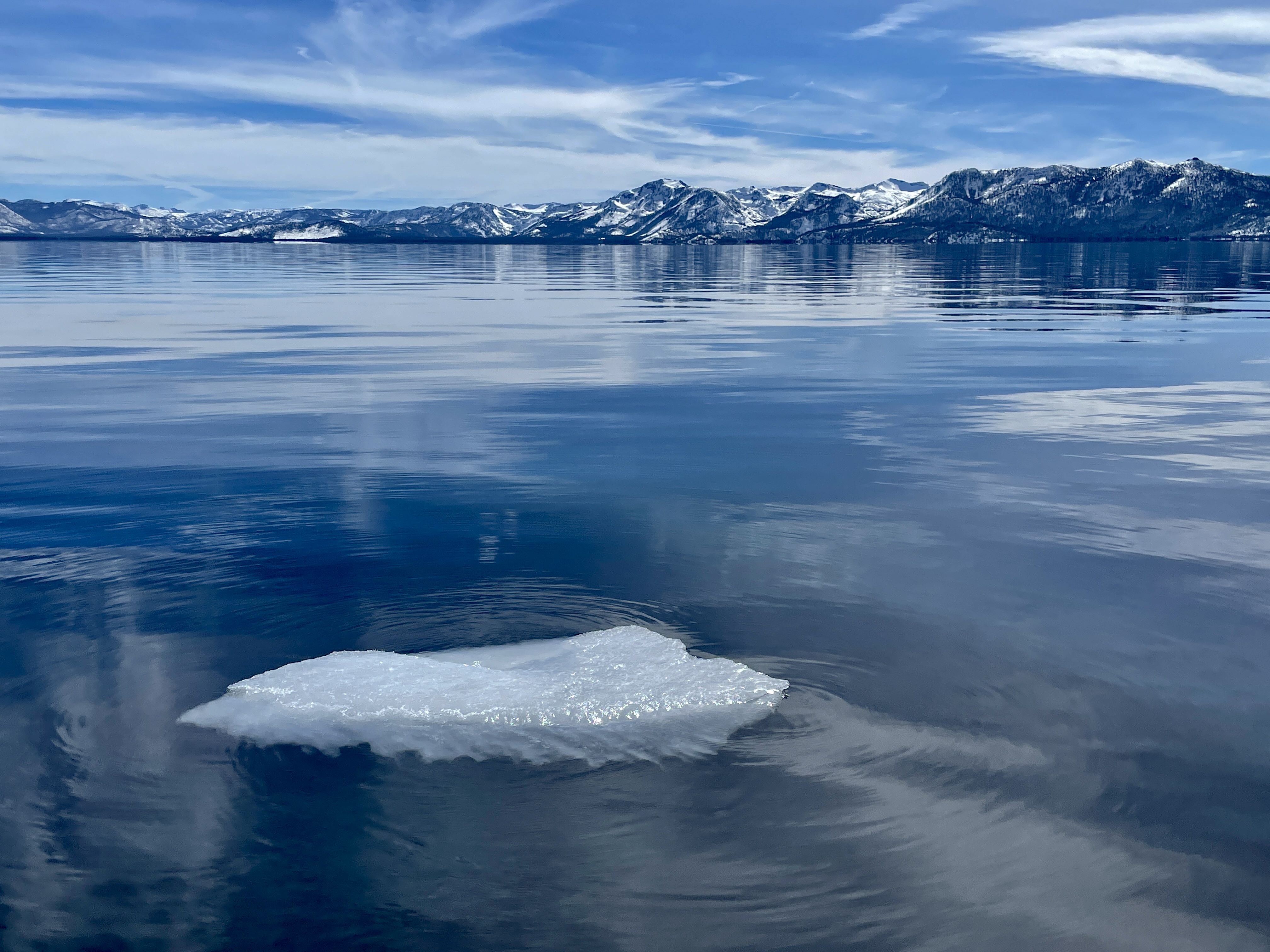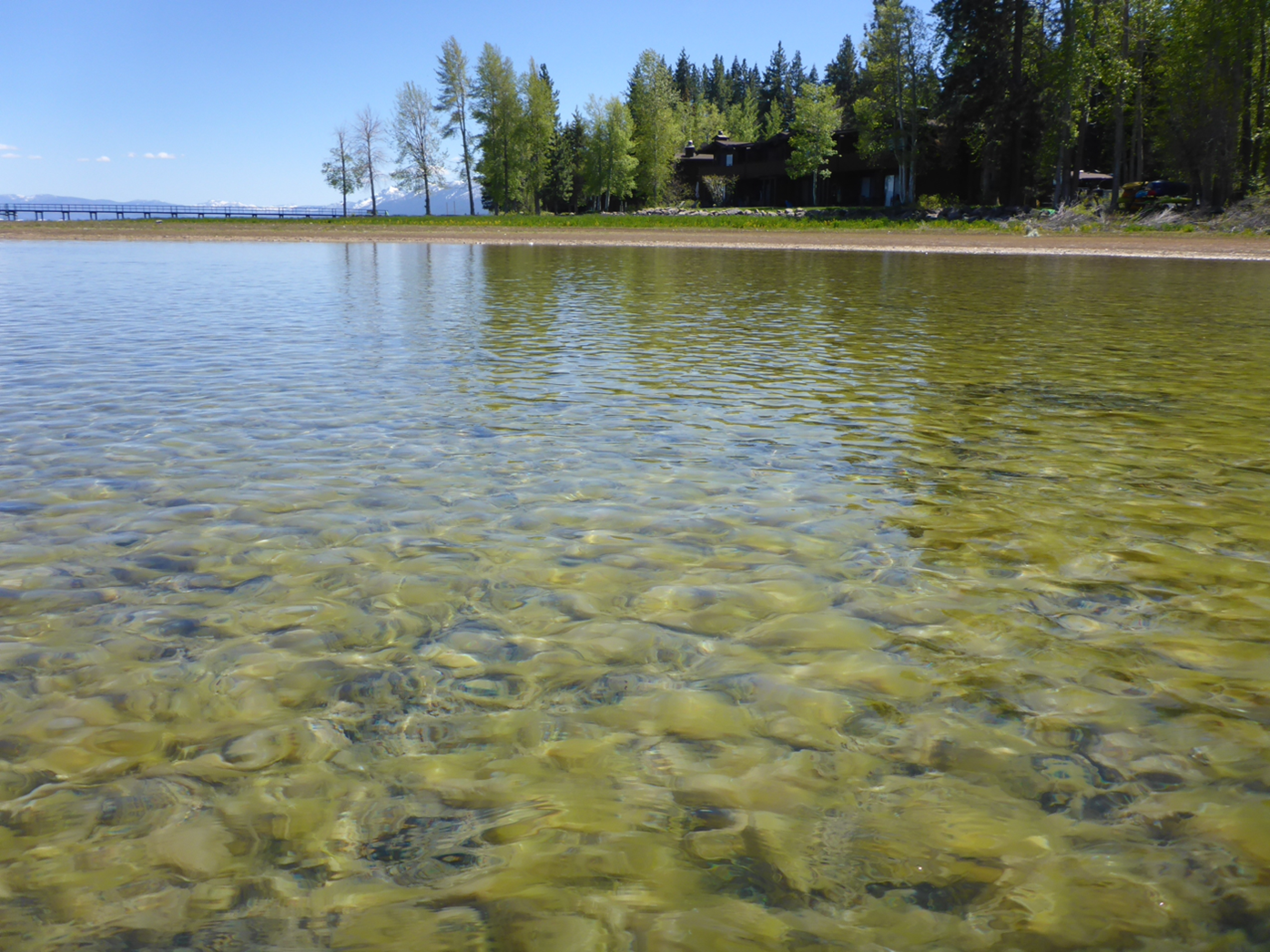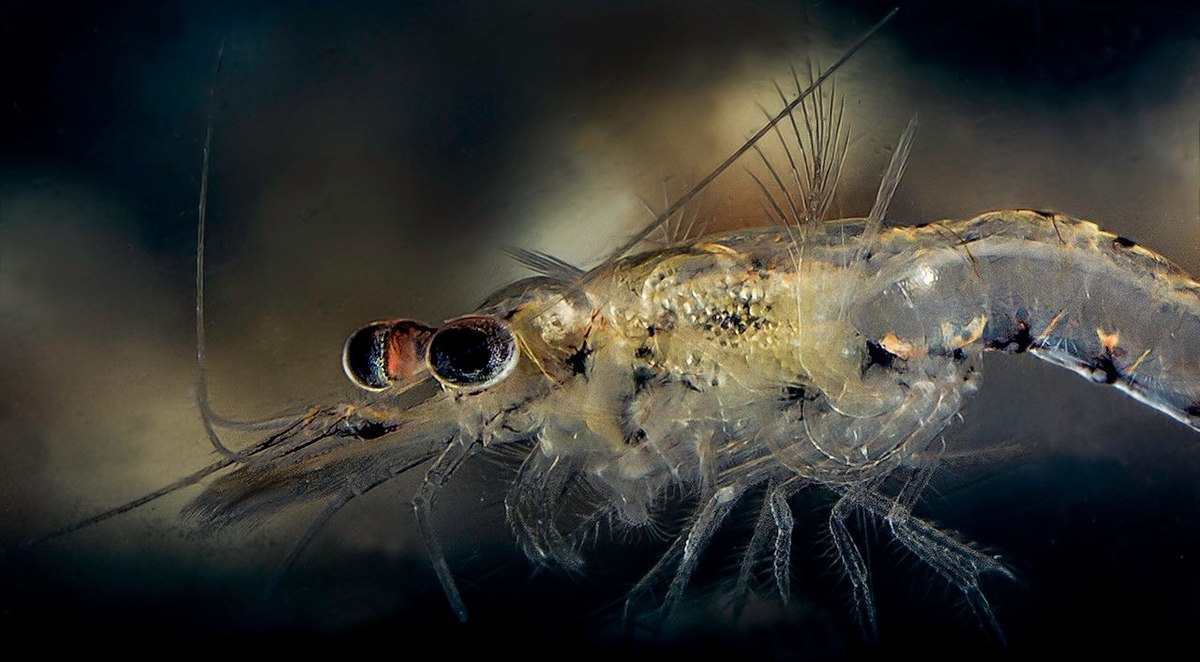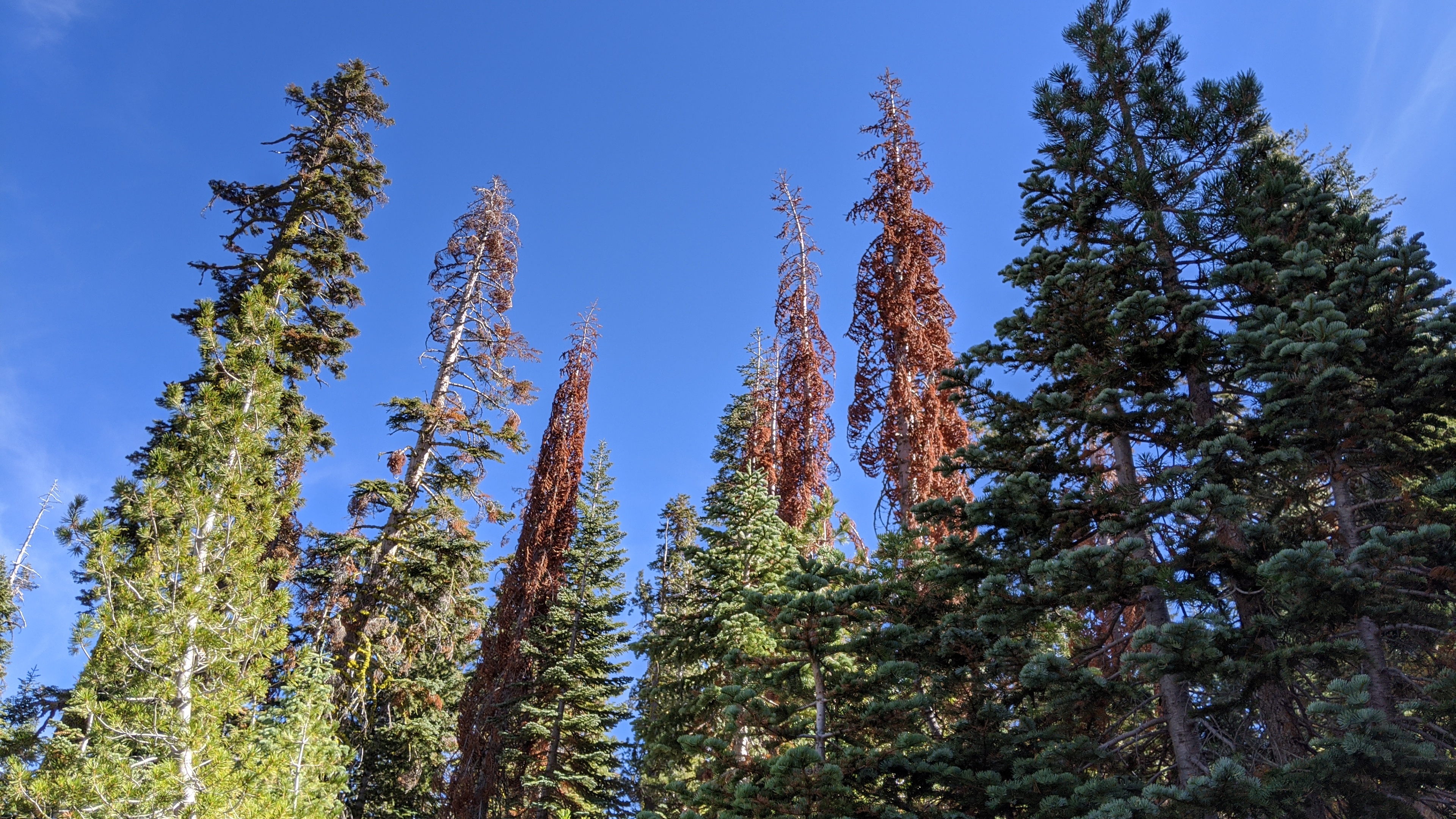
Tahoe Support Fund
Help ensure that Lake Tahoe’s iconic beauty and ecological health is preserved for future generations. UC Davis has led scientific research at Lake Tahoe for over 50 years, and provided the knowledge and expertise that is leading to its recovery. Gifts to Tahoe Environmental Research Center (TERC) help fund innovative research on solutions to the challenges facing freshwater ecosystems; enable researchers and students to interact with collaborators from around the world; educate the next generation of environmental scientists and leaders; and provide vibrant public outreach programs for thousands of students and visitors each year.

Nearshore Algae Research Fund
Shoreline algal blooms are rapidly approaching crisis condition at Lake Tahoe. The blooms degrade water quality, cover large areas of beach with mats of decomposing algae, and in Fall 2021 caused the first toxicity-related beach closure. 2022 conditions were even more dire.
TERC’s nearshore algal monitoring program uses helicopter surveys to record the entire shoreline of the lake at monthly intervals through the prime growing season to discover and track algal blooms. This research serves as a warning system, to alert the public and agencies to potentially dangerous situations, and guides clean-up crews to where they are most needed.
Help the TERC algal research team to maintain, expand and mitigate to preserve the beauty of Lake Tahoe.

Mysis-Based Clarity Restoration Fund
TERC research showed when Mysis shrimp disappeared from Emerald Bay and the native Daphnia returned, clarity increased by almost 40 feet. The reverse occurred when the Mysis shrimp returned. Help us better understand how to remove Mysis shrimp from Lake Tahoe and restore clarity and the native ecosystem.

Forest and Conservation Biology Fund
Forests and forest health issues are the central focus of TERC’s forest and conservation biology lab. The lab is focused on gaining a better understanding of the role of disturbances such as drought, disease, insects, fire, and climate change on ecological and evolutionary processes. The lab works closely with Federal and State agency scientists, foresters, and resource managers to identify knowledge gaps in forest health issues with the goal of devising timely forest management and conservation strategies.

